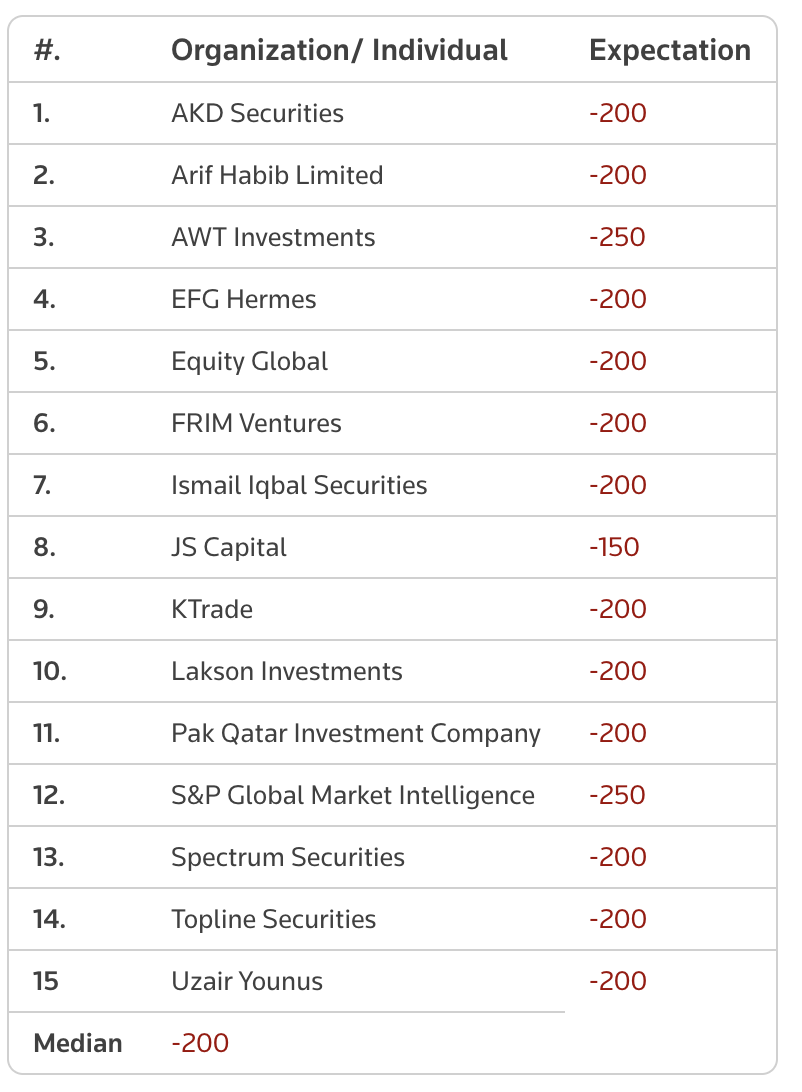ISLAMABAD: Pakistani authorities have increased the price of petrol by Rs1.35 per liter till the next fortnight, the country’s Finance Division said in a notification late Thursday.
As per the notification, the new price of petrol has been increased from Rs247.03 per liter to Rs248.38 per liter.
“The Oil and Gas Regulatory Authority (OGRA) has worked out the consumer prices of petroleum products, based on the price variation in the international market,” OGRA said in a statement.
Meanwhile, the government also increased the price of high speed diesel by Rs3.85 per liter, increasing it from Rs251.29 per liter to Rs255.14 per liter.
The price of kerosene was slashed by Rs1.48 per liter, decreasing it from Rs163.02 per liter to Rs161.54 per liter, and the price of light diesel oil was slashed by Rs2.61 per liter, bringing it down from Rs150.12 per liter to Rs147.51 per liter.
Pakistan revises petroleum prices every fortnight. Petrol is mostly used in private transport, small vehicles, rickshaws and two-wheelers in Pakistan while any increase in the price of diesel is considered highly inflationary as it is mostly used to power heavy transport vehicles and particularly adds to the prices of vegetables and other eatables.
However, the negligible decrease in petrol and diesel prices is unlikely to provide much relief to the inflation-stricken Pakistanis.
























